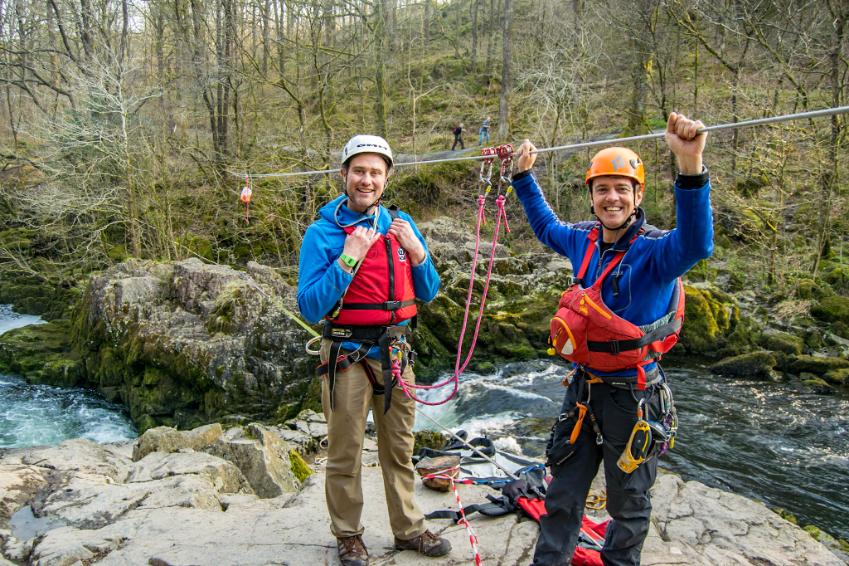BSc (Hons) - Outdoor Adventure and Environmental Studies
Do you have a passion to be in and learn about the outdoors, adventure and the environment? This course will challenge you to use the outdoors for environmental and societal benefits as well as giving you everything you need to kick-start your outdoor career.
Based at our Ambleside campus in the Lake District National Park, you will embark on outdoor and environmental studies surrounded by mountains, woods, rivers, and lakes.
Course Overview
The course focuses on incorporating adventurous lifestyles that are socially and environmentally sensitive to address the ecological and cultural challenges of our times.
Using your outdoor skills you will learn about environmental, ecological, and geographical processes that shape outdoor places. You will explore how outdoor experiences can be used to benefit health and wellbeing, with the opportunity to visit and be involved in projects in partnership with work-based activities both in outdoor and environmental contexts.
There are several field trips in the UK and you’ll also be able to travel independently to the Picos de Europa in Spain. This opportunity will set you up for a successful career in the great outdoors. Whether you work in environmental education, conservation and environmental management, or using therapeutic applications outdoors.
On this course you will...
- Learn outdoors experientially to develop outdoor skills and explore contemporary environmental questions.
- Work with and for different outdoor and environmental organisations to gain hands-on experience and contacts with potential future employers.
- Explore how the outdoors has heath and wellbeing benefits and therapeutic applications.
- Learn in inspiring locations like the Lake District National Park, North Wales, Scotland, British coastline, and Spain (including a shared international expedition with Spanish students).
- Meet some of the most inspiring people and students, and have unique once-in-a-lifetime experiences.
What our students say
-
![Chloe Price, Outdoor Adventure and Environmental Studies]()
I chose this course because it was different – it didn’t seem like studying. Everything you learn is done in such a creative way.
Chloe Price, Outdoor Adventure and Environmental Studies
Chloe, from Wiltshire, came to the University of Cumbria straight from school.
Stay Focused. Go Far.
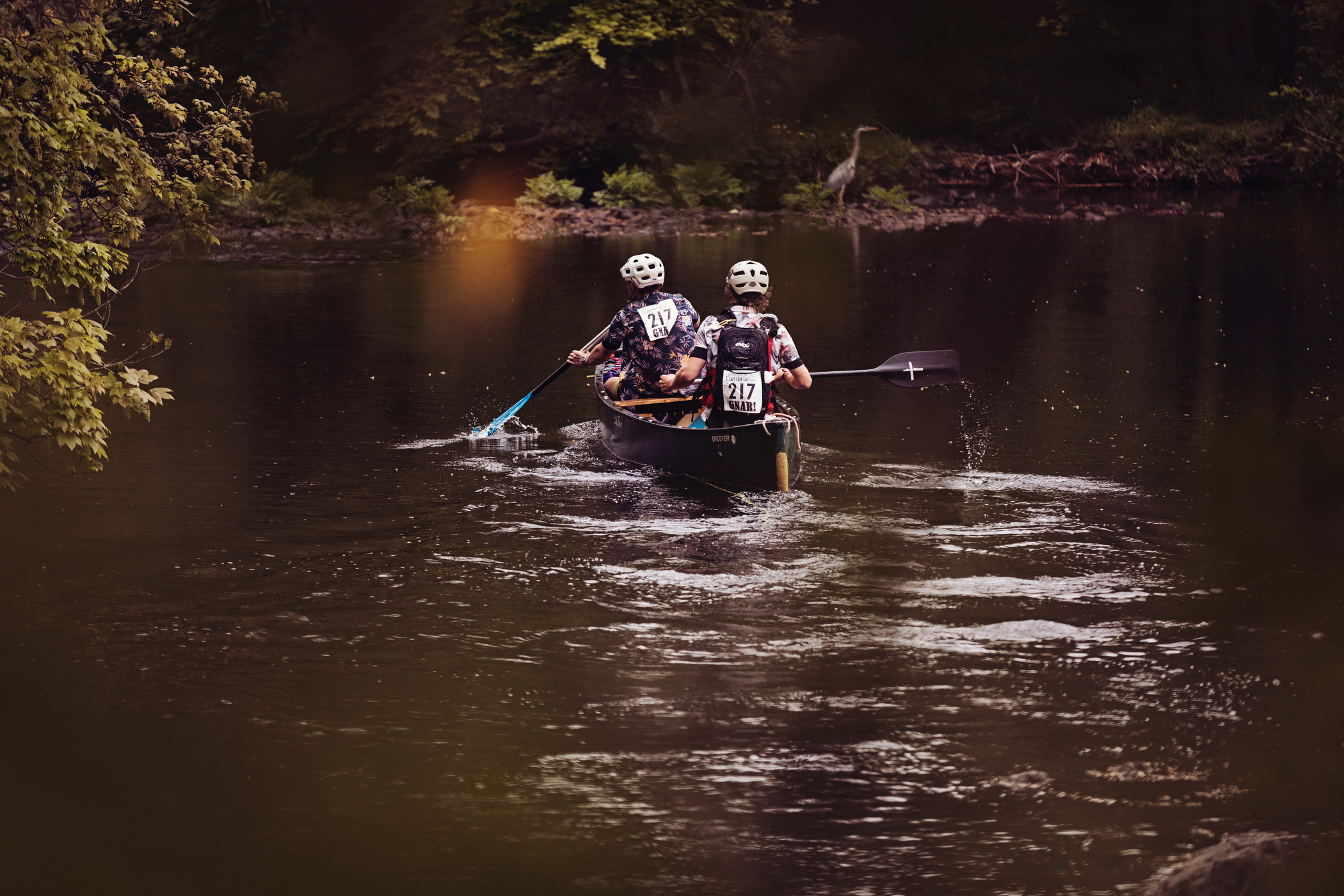
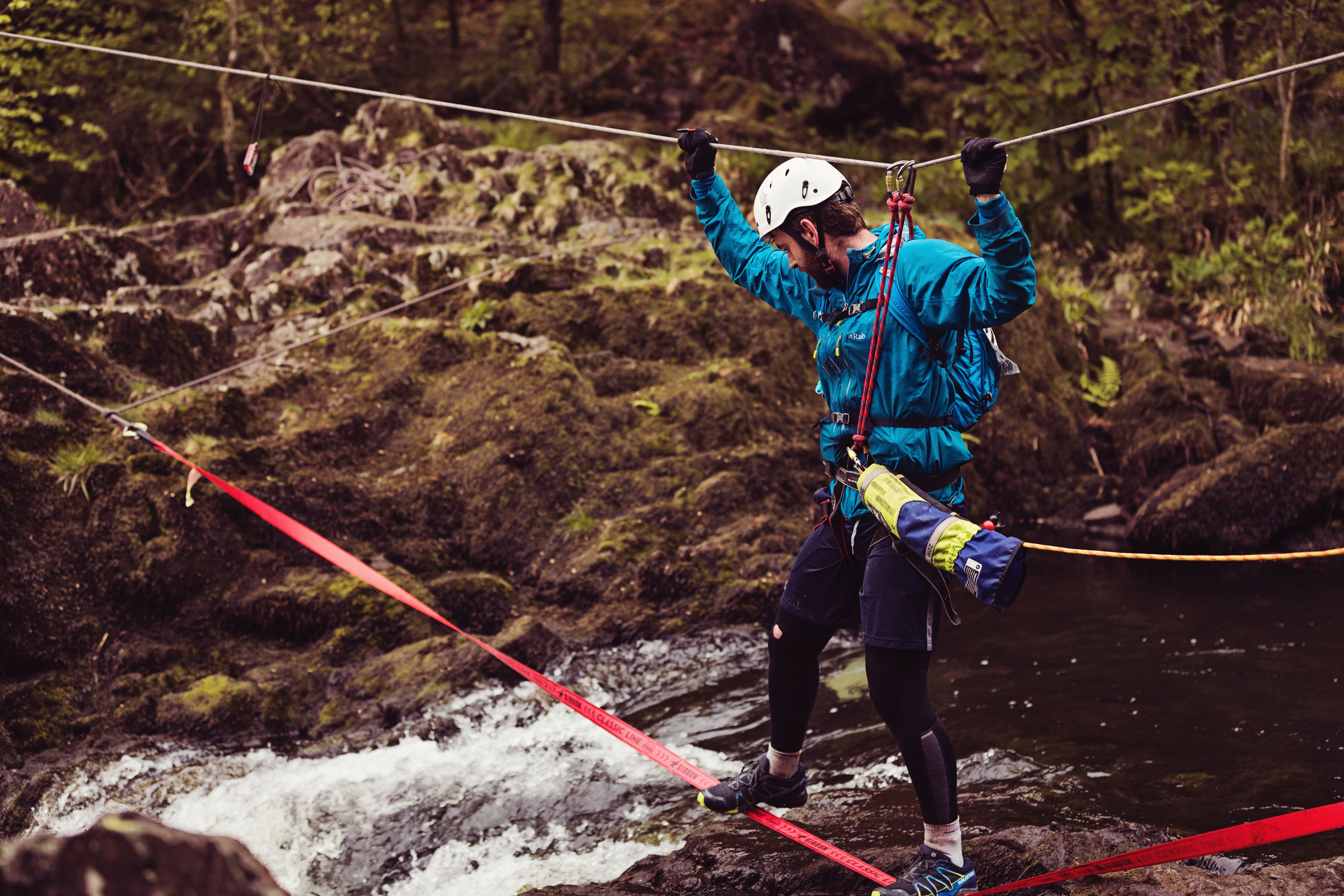
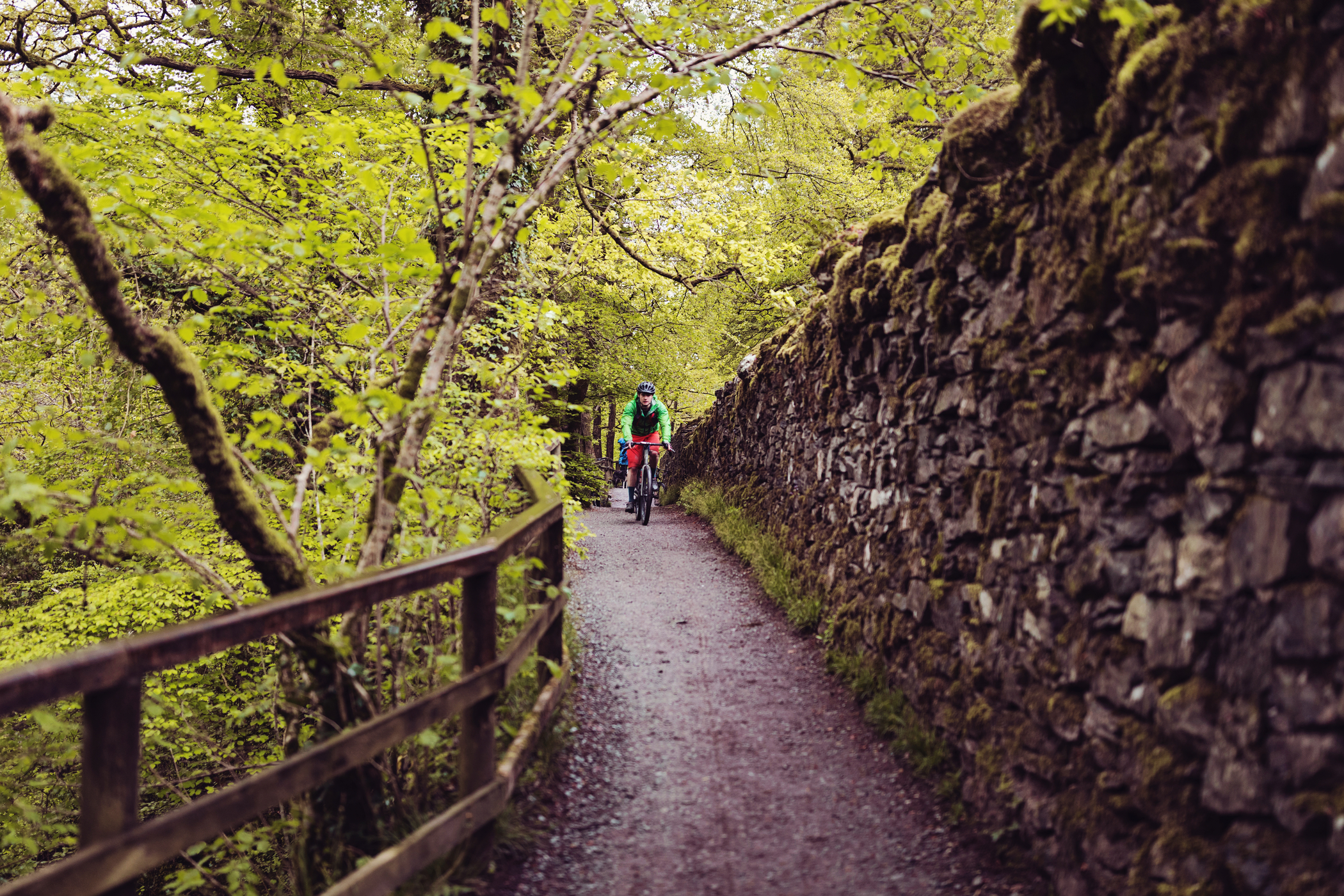
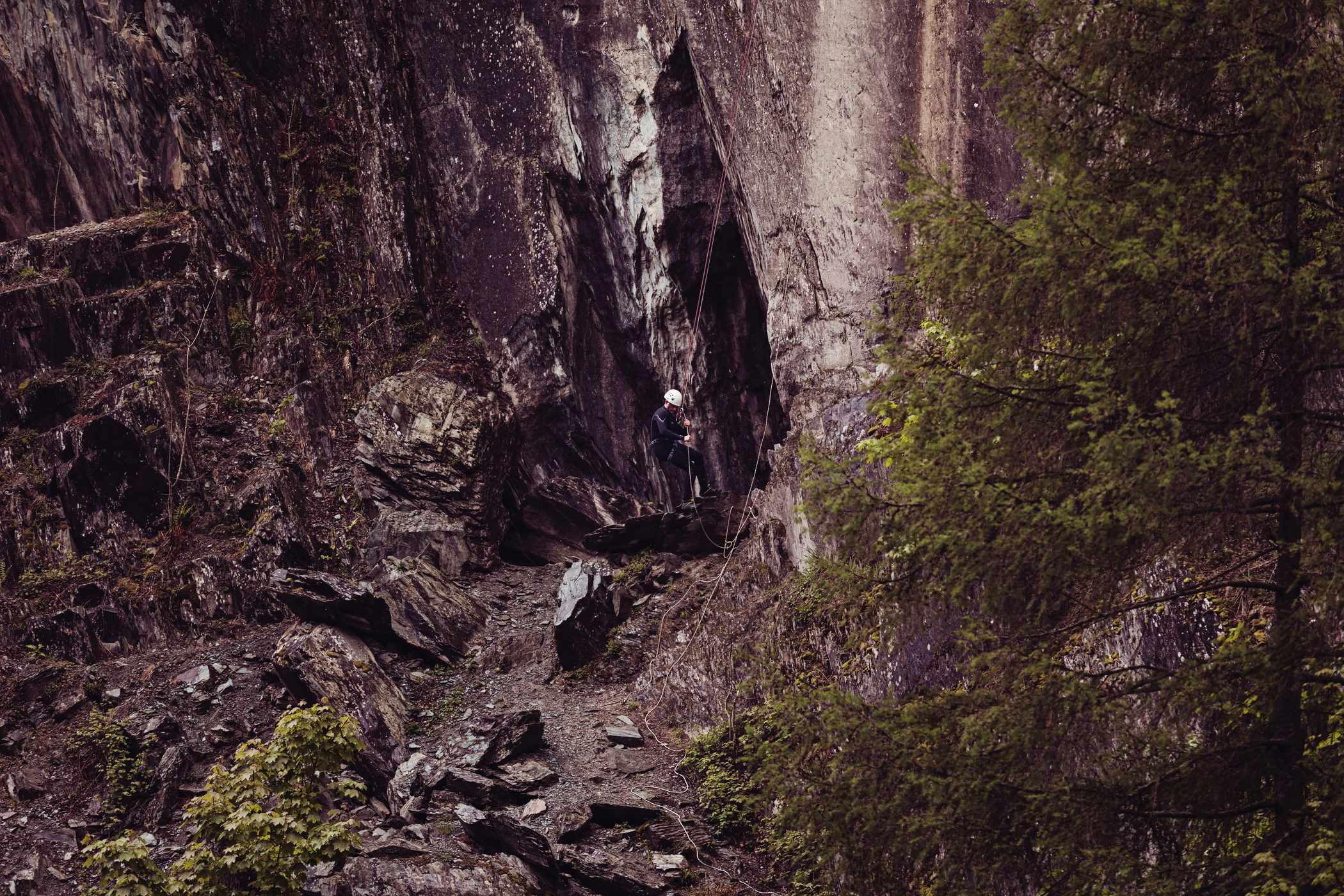
Location
Ambleside Campus
Nestled in the Lake District National Park, a UNESCO World Heritage site, the Ambleside campus is the perfect place for world-savers, animal lovers, and adventurers. There is never a dull moment when surrounded by such natural beauty and opportunity.
Find out more
Find out more about studying with us
Attend an Open Day at Cumbria
An Open Day is your opportunity to explore one of 5 campuses, meet your lecturers, and find out how the University of Cumbria could become your new home.


